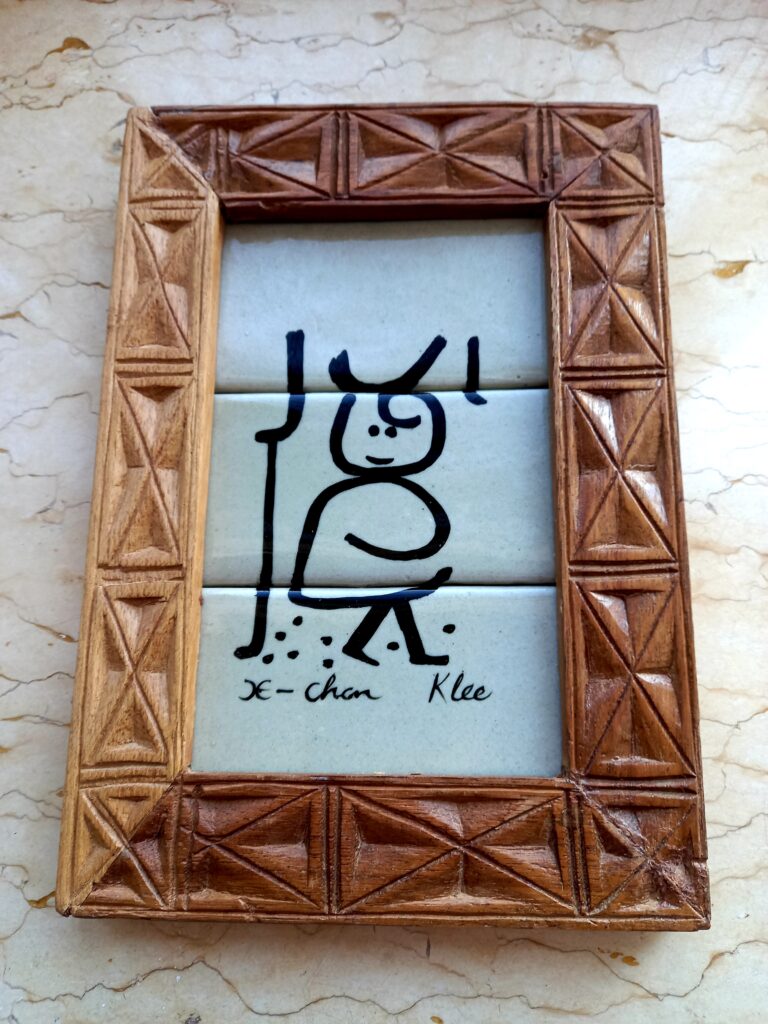At Dedza Pottery (again)
Hence up country (with the customary measure of diffidence) again.
It is necessary to set aside the usual standards by which one marks ‘the Days on the Year’. One recalls from Oxon. with fondness the beauty of the Mass of Christmas Day at the Oratory; and the time between Christmas Day and the Epiphany as one of quiet, set aside for recollection. In Mtunthama, the universal cult of the whited sepulchre excludes the former and the succession of thieves, surly beggars and the merely importunate to assault one’s oak unites with the noise of bars in the village and the haulage concerns of inconsiderate neighbours to make this, like all vacations, a fraught season, which leaves one both exhausted – weary, after two years away from Oxon., with a deep, cumulative exhaustion – and expectant for the relatively civilised company of pupils.
So, what has been of worth? There was much time to attempt a translation of the Nepalese poetry of Dominic Sasse into French and German. To follow on this: for now, I mark the fact that I left to teach in the Nepalese Himalaya twenty-eight years ago today. By way of keeping the feast, it was satisfying to command of my housekeeper the slaughter of village ducks and the production of duck pancakes and spring rolls for a buffet (for a select number of colleagues) on Christmas morning. And I have launched an aeroplane. There was Gule on both Christmas and New Year’s Days: at Chakwanira and Bowe villages, respectively. Rain fell on New Year’s Day, making the journey to Bowe along back roads by LandRover one of both pleasure and relief. The aeroplane bears back a former colleague, exiled since 2012, who will resume teaching at KA thru June.
Chakwanira VillageNdege / Amarsh abweraso
At Dedza Pottery it is good to be able to record this: Paul Klee’s “X-chen” (the original in Lucerne) translated to tile. The work was framed at Mua Mission. Whatever the rude habits of the Kasungu peasantry, it is an extraordinary thing that a little girl so delicate, so simple, so brave, should emerge from here. Malawi’s “X-chen” was conceived as a grave marker for the mother of a friend. Framed versions reside currently in London, Plymouth and Mtunthama.
Dedza PotteryX-chen
